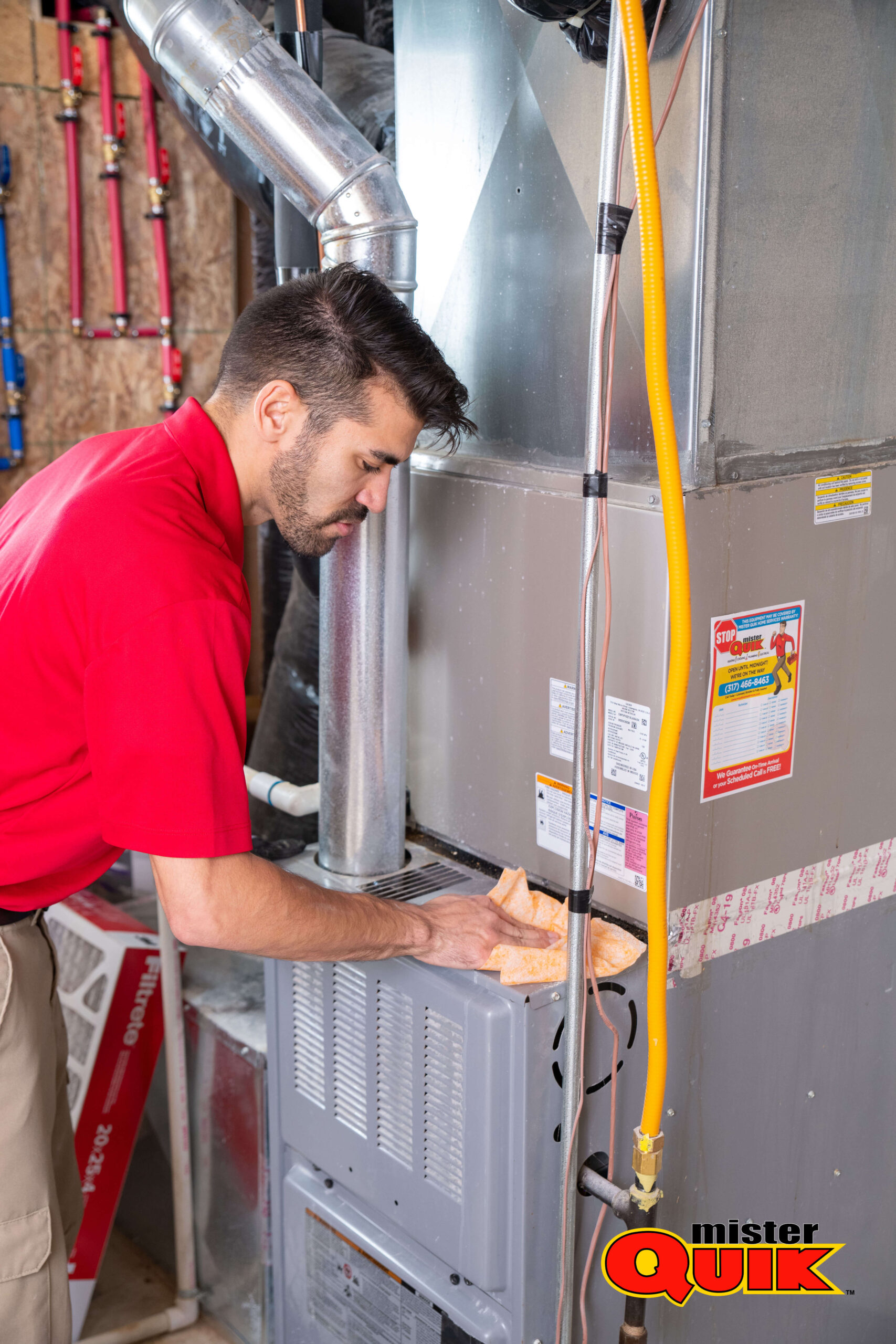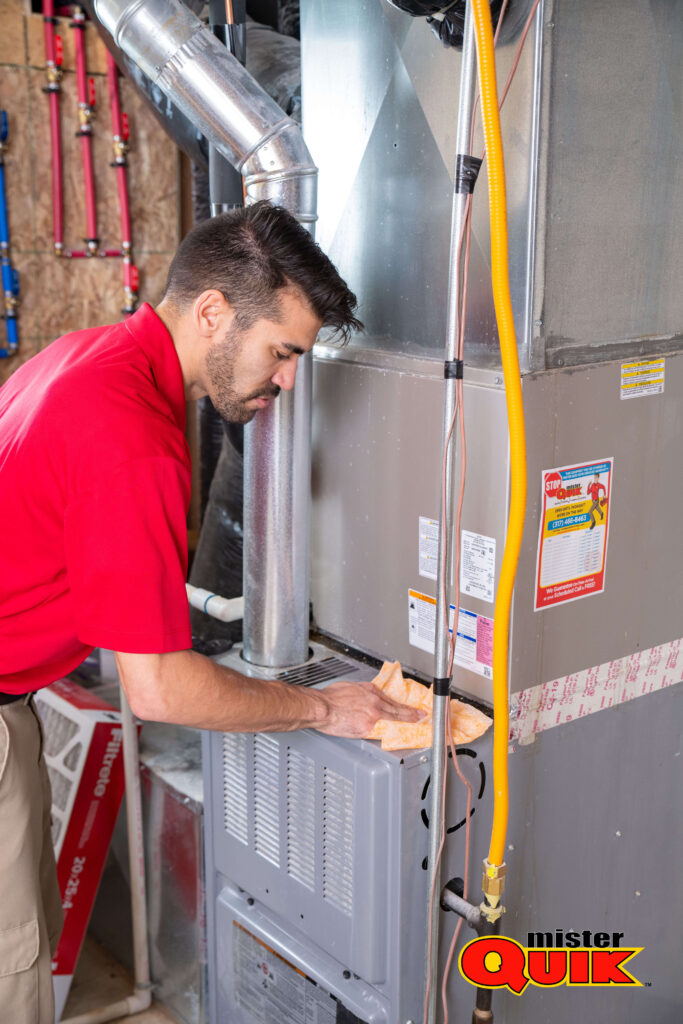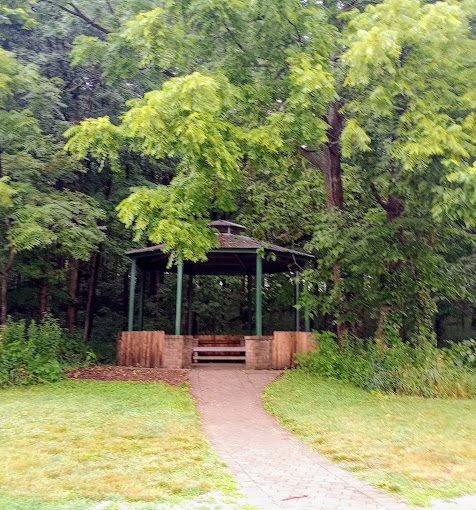Westfield heat pumps
Schedule on your own without making a call. Click the button below to get started!

Westfield Heat pumps
Looking for efficient heating solutions for your home? Consider heat pumps. Heat pumps are versatile heating and cooling systems that can efficiently warm your home in winter and cool it in summer by transferring heat between the indoor and outdoor air. At our company, we offer expert installation, maintenance, and repair services for heat pumps, ensuring your home stays comfortable year-round.
Our experienced technicians will work closely with you to assess your heating and cooling needs, recommend the right heat pump system for your home, and ensure proper installation for optimal performance. With our reliable service, you can enjoy energy-efficient heating and cooling, lower utility bills, and greater comfort in your home. Contact us today to learn more about our Westfield heat pumps service and schedule a consultation.
How do heat
pumps work?
Heat pumps work by transferring heat from one place to another using refrigerant. During the heating season, a heat pump extracts heat from the outdoor air (even in cold temperatures) and transfers it indoors to warm your home. This process is achieved through a cycle of compression and expansion of refrigerant gas in the heat pump system.
First, the outdoor unit of the heat pump absorbs heat from the surrounding air and transfers it to the refrigerant inside the unit. The refrigerant then flows to the indoor unit, where it is compressed, causing its temperature to rise. As the compressed refrigerant moves through the indoor coil, it releases the absorbed heat into the indoor air, heating your home.
During the cooling season, the process is reversed. The heat pump extracts heat from the indoor air and transfers it outside, cooling your home.
By utilizing this process, heat pumps can provide both heating and cooling functions, making them versatile and efficient HVAC systems for maintaining comfortable temperatures in your home throughout the year.
Heat pumps can be an efficient and cost-effective heating and cooling solution, especially in moderate climates where temperatures don’t consistently drop below freezing. They provide both heating and cooling functions, reducing the need for separate heating and cooling systems, and can significantly lower energy bills when compared to traditional heating systems like furnaces. However, in colder climates, heat pumps may require supplemental heating during extreme cold snaps, which can increase energy costs.
Yes, a heat pump can heat a whole house, but its effectiveness may vary depending on factors such as the size and layout of the home, insulation levels, and outdoor temperatures. Heat pumps work by extracting heat from the outdoor air (or ground, in the case of geothermal heat pumps) and transferring it indoors to heat the home. While heat pumps are capable of providing sufficient heating for most homes, they may require supplemental heating from electric resistance heaters or other sources during periods of extreme cold or when the demand for heating is high.
Heat pumps are generally more energy-efficient than traditional heating systems like furnaces, especially when used in moderate climates. However, the amount of electricity a heat pump consumes can vary depending on factors such as the size and efficiency of the heat pump, outdoor temperatures, and the heating and cooling load of the home. In colder climates or during periods of high heating demand, heat pumps may use more electricity to maintain comfortable indoor temperatures, potentially leading to higher energy bills.
The lifespan of a heat pump typically ranges from 10 to 15 years or more, depending on factors such as the quality of the unit, how well it’s maintained, and how often it’s used. Regular maintenance, including cleaning or replacing filters, lubricating moving parts, and scheduling professional inspections, can help prolong the lifespan of a heat pump.
Heat pumps are designed to operate efficiently in a wide range of temperatures, but their performance may decline as outdoor temperatures drop below freezing. Most air-source heat pumps are equipped with a built-in defrost cycle to help remove ice buildup on the outdoor unit’s coil during cold weather. However, extreme cold temperatures (typically below 20°F or -7°C) can significantly reduce the efficiency of air-source heat pumps and may require supplemental heating from electric resistance heaters or other sources.
Heat pump versus Traditional Furnace

Heat pumps and furnaces both provide heating for indoor spaces, but they operate differently and offer distinct advantages.
A heat pump is a versatile HVAC system that can both heat and cool your home. During the summer months, a heat pump works like an air conditioner, extracting heat from inside your home and transferring it outdoors, effectively cooling the indoor air. In the winter, however, a heat pump operates in reverse, extracting heat from the outdoor air (even in cold temperatures) and transferring it indoors to warm your home.
On the other hand, a furnace is designed solely for heating purposes.
One key difference between heat pumps and furnaces is that heat pumps can provide heating and cooling, offering year-round comfort with a single system. This makes heat pumps particularly advantageous in moderate climates where heating demands are not extreme.
Another difference is in energy efficiency. Heat pumps are generally more energy-efficient than traditional furnaces because they transfer heat rather than generate it. As a result, heat pumps can provide significant energy savings, especially in regions with milder winters.
Ultimately, the choice between a heat pump and a furnace depends on factors such as climate, energy efficiency goals, and the specific heating and cooling needs of your home. Consulting with a qualified HVAC professional can help you determine the best option for your home comfort needs.
Heat pump installers in my area
Looking for reliable heat pump installers in your area? Look no further! Our team of experienced HVAC technicians specializes in heat pump installation services tailored to your specific needs. Whether you’re upgrading your existing HVAC system or installing a new heat pump for the first time, we’re here to ensure a seamless and efficient installation process.
With attention to detail and a commitment to customer satisfaction, you can trust us to deliver reliable heating and cooling solutions for your home. Contact us today to schedule an appointment and experience the difference between our professional heat pump installation services.
Heat pump repair Near Me
If you’re experiencing issues with your heat pump, our team is here to help. Our expert technicians specialize in heat pump repair services to quickly diagnose and address any problems with your heating and cooling system.
Whether it’s a malfunctioning compressor, faulty thermostat, or refrigerant leak, we have the knowledge and experience to get your heat pump back up and running efficiently. Don’t let a malfunctioning heat pump disrupt your comfort – contact us today for fast and reliable heat pump repair services.
Westfield Heat pump replacement
Is your heat pump nearing the end of its lifespan or experiencing frequent breakdowns? It might be time for a replacement. Our team specializes in heat pump replacement services to upgrade your heating and cooling system to a more efficient and reliable model.
We’ll work closely with you to assess your home’s heating and cooling needs, recommend the right heat pump system for your space, and ensure a seamless installation process. With our expertise and commitment to quality, you can trust us to provide long-lasting comfort and energy savings for your home. Contact us today to schedule a consultation and learn more about our heat pump replacement services.
- Check for any debris, dirt, or vegetation obstructing the outdoor unit.
- Clear away any debris and ensure proper airflow around the unit.
- Verify that the thermostat is set to the correct mode (heating or cooling).
- Adjust thermostat settings as needed to match your comfort preferences.
- Check air filters for dirt and debris buildup.
- Clean or replace air filters if they are dirty to improve airflow.
- Inspect the refrigerant lines for any signs of leaks or damage.
- Test refrigerant levels and recharge if necessary to ensure proper operation.
- Check electrical connections for tightness and signs of corrosion.
- Test capacitors, contactors, and other electrical components for proper function.








